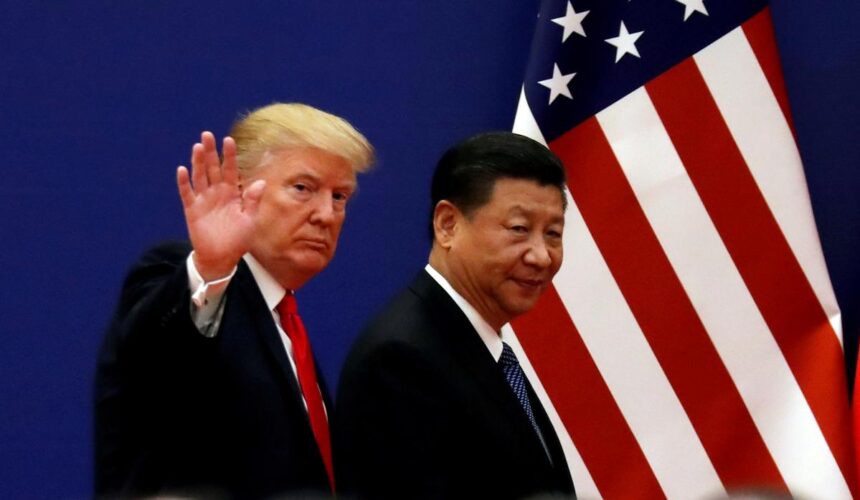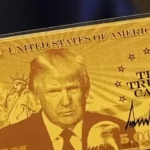In a sharp escalation of trade tensions, China announced a 34% tariff on all U.S. imports starting April 10, following U.S. President Donald Trump’s sweeping tariff order aimed at global trading partners, including China.
China Calls U.S. Actions “Unilateral Bullying”

In its official statement, China’s State Council Tariff Commission criticized the U.S. measures as “not in line with international trade rules” and accused Washington of “undermining China’s legitimate rights and interests”. The commission labeled Trump’s moves as “unilateral bullying”, signaling a new phase in what could become a full-blown global trade war.
16 American Entities Blocked, 11 Labeled ‘Unreliable’
As part of its retaliation, China is also tightening export controls:
- 16 U.S. companies will be added to China’s export control list
- 11 others are being designated as “unreliable entities”
The Chinese Commerce Ministry justified the move as essential for national security and in compliance with international obligations such as non-proliferation.
What Triggered China’s Response?
President Trump, in a Rose Garden press conference earlier this week, announced:
- An additional 34% reciprocal tariff on Chinese imports
- This is on top of 20% existing duties
- He also imposed 10% tariffs in February and March this year
Trump claimed these were necessary steps to fight back against China’s “illicit fentanyl exports” and to balance unfair trade practices.
Trump: “They Were Taking Tremendous Advantage of Us”
Despite the tough stance, Trump struck a diplomatic tone toward Chinese President Xi Jinping, saying:
I have great respect for President Xi, great respect for China, but they were taking tremendous advantage of us.
He justified the tariffs using a chart that showed tariffs, currency manipulation, and non-monetary trade barriers used by other countries, accusing them of “cheating.”
Economic Implications: A Brewing Trade War?
With China’s aggressive retaliation, fears are mounting of:
- A full-blown U.S.–China trade war
- Stock market volatility
- A global economic slowdown
- Disruption of supply chains and exports, especially in tech and agriculture
This is the first major response by any U.S. adversary or ally to Trump’s new trade doctrine, which critics argue could isolate America from global trade networks.








